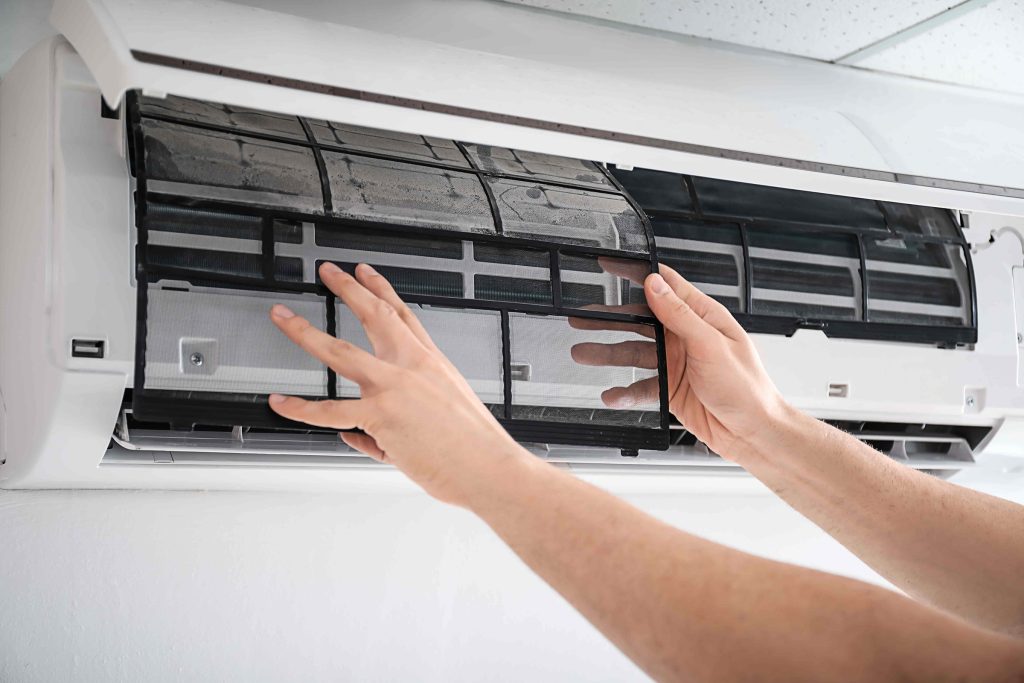Proper insulation plays a pivotal role in maximizing the efficiency of air conditioning AC systems, providing a foundation for optimal performance and energy savings. Insulation acts as a barrier, preventing the transfer of heat between the interior and exterior of a building. In the context of AC efficiency, effective insulation ensures that cool air generated by the system remains inside, while preventing the intrusion of external heat. This containment of conditioned air minimizes the workload on the AC unit, allowing it to operate more efficiently and maintain desired indoor temperatures with less effort. One of the primary benefits of proper insulation is its ability to reduce thermal conductivity, which is the rate at which heat transfers through a material. By installing insulation in walls, ceilings, floors, and around ductwork, heat transfer is significantly slowed down, reducing the need for constant cooling by the AC system. This not only improves comfort levels within the building but also leads to substantial energy savings over time. In fact, studies have shown that well-insulated buildings can achieve energy savings ranging from 10% to 50% compared to structures with poor insulation.

Moreover, proper insulation helps create a more consistent indoor environment by minimizing temperature fluctuations. Without adequate insulation, buildings are susceptible to heat gain during hot weather and heat loss during colder periods. Comfort Techs HVAC Repair leads to increased reliance on heating and cooling systems to maintain comfort levels, resulting in higher energy consumption and utility costs. However, with sufficient insulation, indoor temperatures remain more stable, reducing the need for frequent adjustments to the thermostat and providing occupants with greater comfort year-round. Another crucial aspect of insulation’s role in AC efficiency lies in its impact on air quality and humidity levels. Insulation helps to seal gaps and cracks in the building envelope, preventing the infiltration of outdoor pollutants, allergens, and moisture. By maintaining a tight thermal envelope, insulation contributes to a healthier indoor environment, reducing the risk of mold growth and improving overall air quality. Additionally, proper insulation can help control humidity levels by preventing condensation from forming on interior surfaces, which can lead to discomfort and potential damage to building materials.
Furthermore, investing in quality insulation can prolong the lifespan of HVAC equipment by reducing wear and tear associated with frequent cycling and overexertion. When AC systems operate in well-insulated spaces, they experience less strain and operate more efficiently, resulting in fewer breakdowns and repairs over time. This not only extends the longevity of the equipment but also reduces maintenance costs and enhances overall reliability. In conclusion, proper insulation is a critical component of AC efficiency, offering a range of benefits that contribute to energy savings, comfort, indoor air quality, and equipment longevity. By investing in adequate insulation measures, building owners can create more energy-efficient and sustainable spaces while enjoying enhanced comfort and lower operational costs. As such, insulation should be viewed as an essential investment for maximizing the performance and efficiency of air conditioning systems in both residential and commercial buildings.